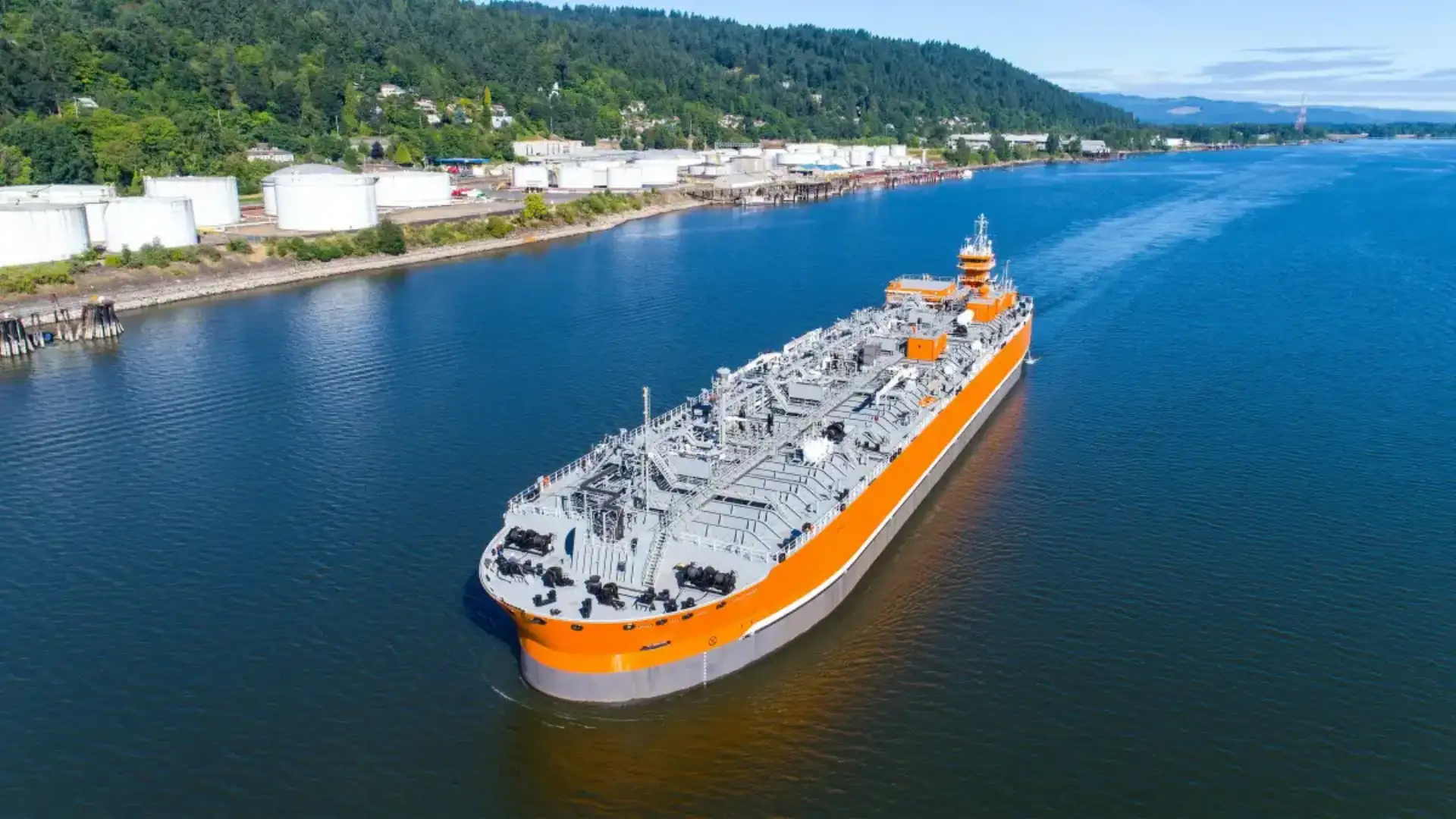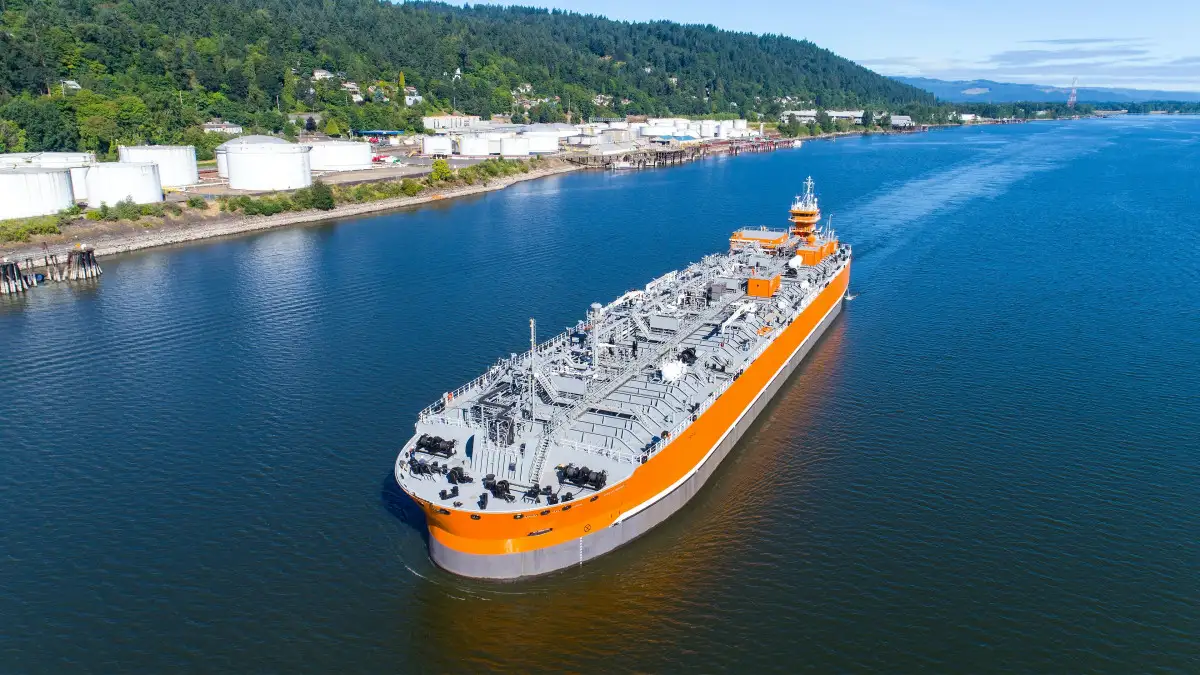
According to ANAVE experts differ on future fuel for maritime transport
According to ANAVE experts differ on future fuel for maritime transport
Maritime transport will have to resolve the best combination of fuels and technologies to achieve the decarbonisation objectives set by IMO and other regulatory bodies. In recent weeks, a number of industry-related institutions and companies have published reports with their short, medium and long-term forecasts.
In his last weekly report, the Gibson broker highlighted that, "the transit to a world without emissions will be very long and tortuous and, surely the transport sector and in particular maritime transport, will be one of the last to make this transition completely."
In this regard, ammonia is gaining ground as a real next-generation fuel, although hydrogen or biofuels are also among other options. According to Gibson, "ammonia is attracting interest as potential carbon-free fuel for maritime transport due to its liquefaction temperature and energy density, high compared to hydrogen."
The broker also points out that there is already an established infrastructure for the management of ammonia, although not facilities for its supply as fuel to ships. It is also easier to store and transport than hydrogen, and as a widely marketed chemical, the shipping sector has long experience in its loading and handling on board.
The main barrier to ammonia for use as fuel on ships is that it is extremely toxic
On the contrary, the Dutch oil company Royal Dutch Shell is betting on hydrogen as a future fuel for ships, as it advocates in its report. 'Decarbonising Shipping: Setting Shell's Course '... in his report Shell discards both ammonia and methanol: the first, "for its toxicity, emissions and high ignition energy" and the second because its "road to zero-emission fuel is considered less efficient than other options".
Shell also ruled out biofuels, believing that the land and air transport sectors will be able to pay more than sea transport for the available supply of this type of fuel. Finally, the position of public opinion against the use of nuclear energy would limit its widespread adoption. For Shell, hydrogen "has a competitive advantage over other zero-emission fuels for maritime transport." The fact that hydrogen is attracting interest as a potential fuel for energy production, land transport or as a possible raw material for industry could help to develop and assume part of the costs of production and distribution infrastructure. "Maritime transport should be ready to capitalize on this development," they explain from the oil company. Both ammonia and hydrogen can be used as conventional fuels or in a fuel cell. But in both cases, further technological progress is needed to reduce costs and increase its power to become a viable technology for the maritime transport sector.
© 2024 Nautica Digital Europe - www.nauticadigital.eu












